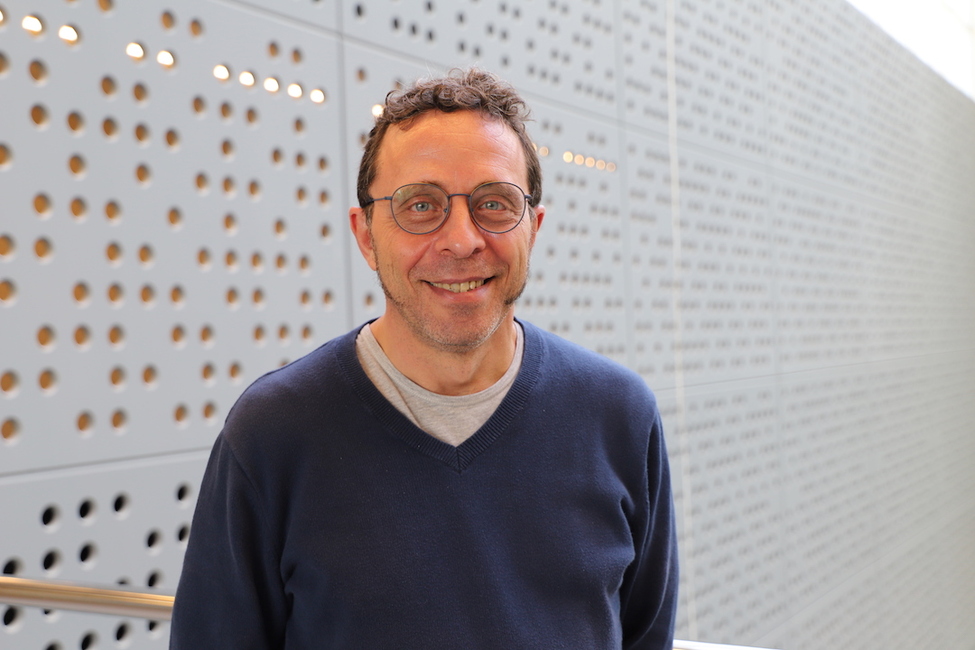Success of the first phase-2 clinical trial testing the new CAR-T technology against multiple myeloma
The trial, with the participation of the Josep Carreras Leukemia Research Institute, shows that CAR-T technology is effective in multiple myeloma patients who have already exhausted their default treatment options.

Multiple myeloma accounts for 10% of all diagnosed blood cancers and is the second most common type of hematologic cancer, behind lymphomas. It is caused by the abnormal proliferation of plasma cells in the bone marrow, which displaces the normal production of other blood cells, causing serious complications affecting multiple organs.
An international scientific team recently released the results of one of the first Phase 2 clinical trials of CAR-T technology applied to multiple myeloma. The research, published in the highly cited journal The New England Journal of Medicine, involved the Multiple Myeloma Group of the Josep Carreras Leukemia Research Institute, led by Dr. Albert Oriol.
In the study, a total of 128 patients with a history of relapse and lack of response to the usual drugs for multiple myeloma received the new treatment with Idecabtagene Vicleucel, based on second-generation CAR-T technology. Of these, 73% (94 patients) showed a positive response and 33% (42 patients) a complete response, meaning diagnostic indicators for multiple myeloma fell to undetectable levels.
Survival of study participants, highly compromised patients unresponsive to the usual chemotherapy treatments, stood at 19.4 months on average, a demonstration of the effectiveness of this new drug.
Hopes and expectations on CAR-T are high, despite not being a drug in the traditional sense. Actually, patients participating in the clinical trial received a transfusion of their own T-lymphocytes, which had been previously modified to recognize a specific protein in malignant plasma cells: the BCMA protein. The binding of the lymphocyte to the cell carrying this protein involves the destruction of the latter. Thus, CAR-T cells literally penetrate the bone marrow to search-and-destroy multiple myeloma cancer cells only.
Given that modified lymphocytes can live in the body for a long time, CAR-T therapy could potentially become a real long-term cure. In the clinical trial, 59% of patients analyzed at 6 months of administration still showed active CAR-T (29 of 46) and 36% of those analyzed at 12 months (4 of 11). These data show that the activity of this new technology is maintained over time, but we are still far from a definitive solution.
On the bright side, research teams around the world are working on the next generations of CAR-T, which will need to improve at reducing toxicity and improving long-term stability. Currently, phase 3 of this same study is already underway, which will allow us to see its real potential in large groups of patients. Also, two more trials in phase 2, with the participation of the Josep Carreras Leukemia Research Institute and the Hospital Germans Trias i Pujol, are testing the effectiveness of CAR-T cells for other diseases.
Once again, the direct translation of research on clinical practice demonstrates its capacity for innovation and the improvement of cancer treatments, one of the key objectives of the Josep Carreras Institute that must lead us to a future where malignant hematological diseases are 100% curable.
Reference paper:
Munshi et al. “Idecabtagene Vicleucel in Relapsed and Refractory Multiple Myeloma”
N Engl J Med 2021;384:705-16. DOI: 10.1056/NEJMoa2024850